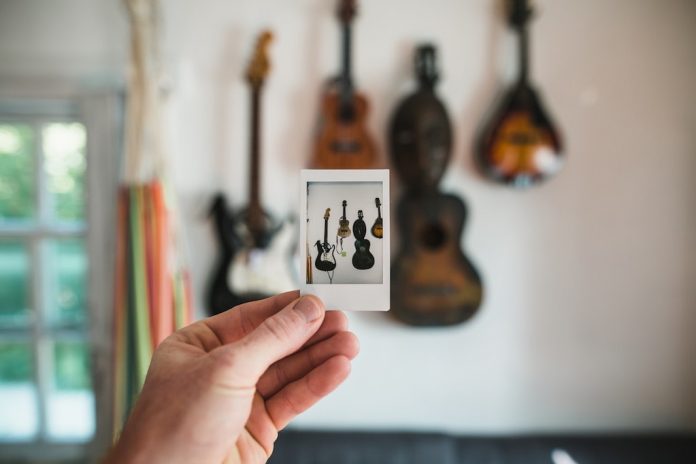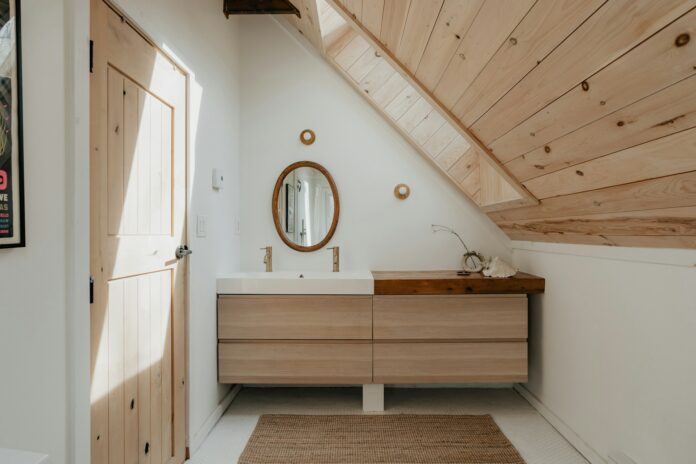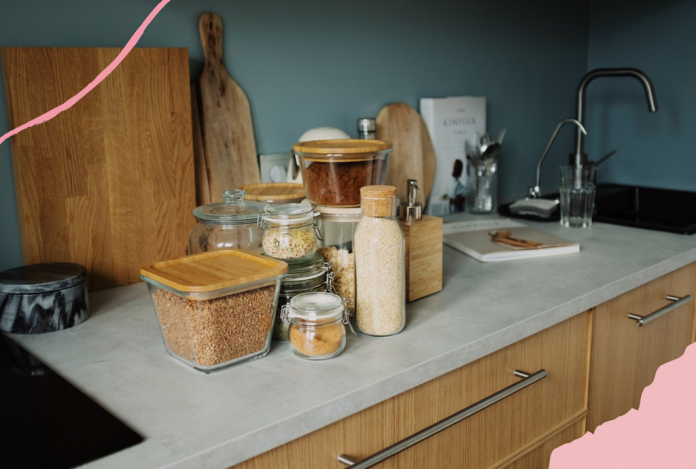Here at IDEAL, we love to dive deep into other cultures and culinary traditions, travelling far and wide to experience all the sights and sounds, smells and savour that life has to offer.
Sometimes, however, it pays to look inward and within the four walls of home, to ensure that your castle is as comfortable as possible on those days when only domestic terra firma will do.
And speaking of dry land, there are times when these questions of getting your home comforts just right concern the floor beneath your feet. Or, more specifically, whether or not your polished concrete floor needs sealing.
We realise that introduction was something of a stretch, but it’s fair to say that plenty of homeowners do get confused about just how to treat their concrete flooring, whether it’s in the garage, on a patio, or even in a particularly modern feeling open-plan living space.
We’re here to clarify some of that confusion; here are your questions answered on whether your polished concrete flooring needs sealing.
Firstly, What Is Polished Concrete Flooring?
Similar to ordinary concrete flooring, polished concrete has a surface that has been ground, honed, and polished to provide a certain amount of smoothness and shine. Polished concrete is becoming a more and more popular option, and is ideal for underfloor heating and is available in various colours and finishes.
Polished concrete can provide a seamless sense of motion between your home’s interior and its outside space. It’s also simple to maintain and requires little cleaning. Although you may thoroughly clean your floors or fast-mop twice a week using a pH-neutral detergent, sealing concrete will guarantee optimum performance. What’s not to love?
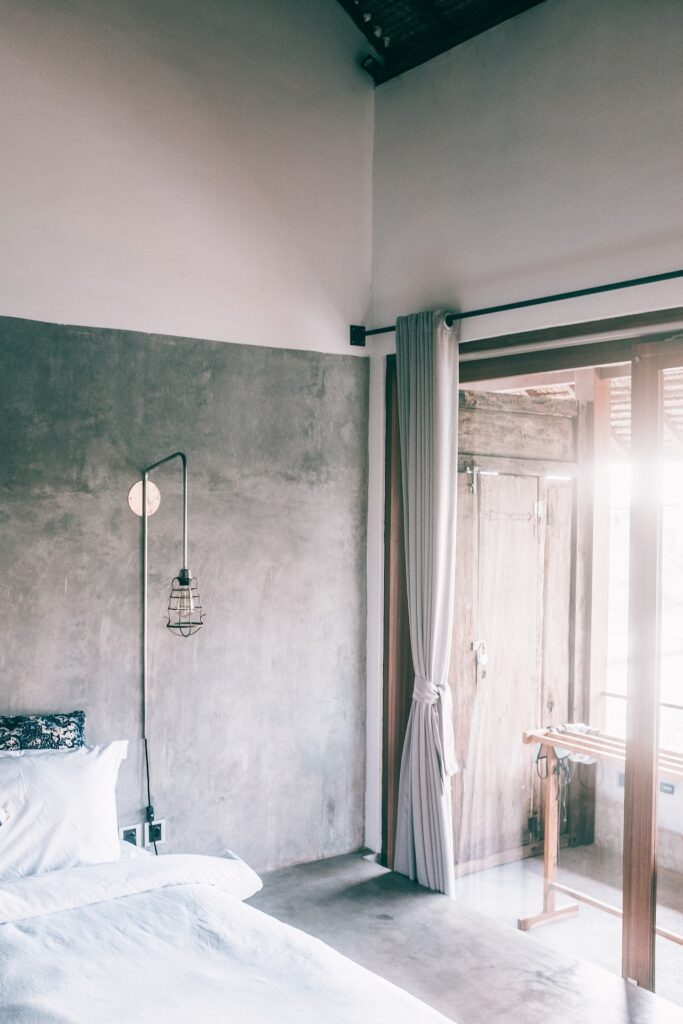
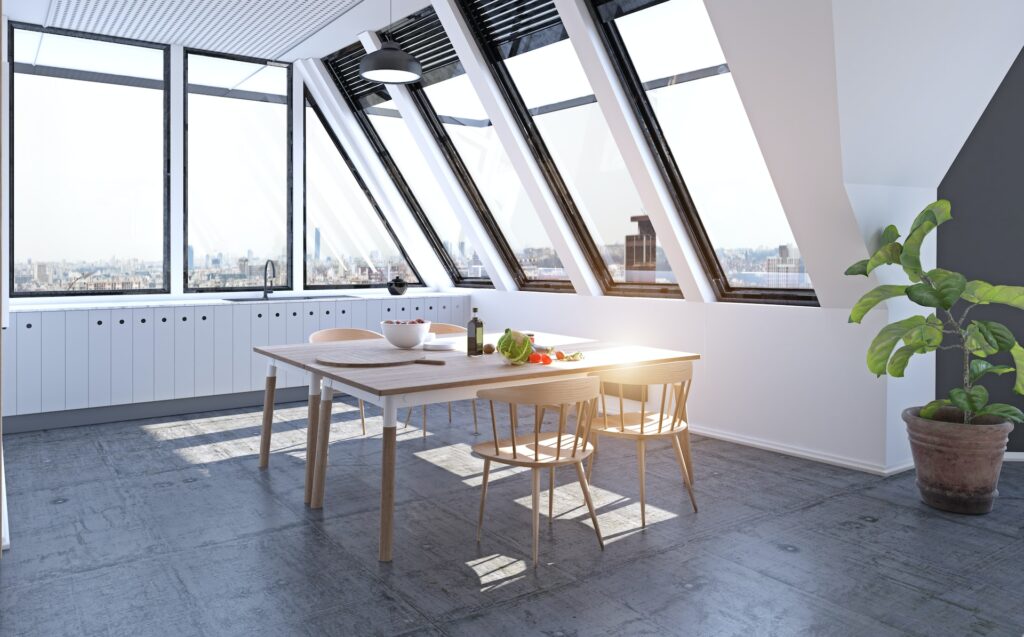
What Are The Benefits Of Sealing A Polished Concrete Floor?
There are many benefits of sealing your polished concrete floor. After polishing concrete floors, sealing them is usually recommended. Let this blog post guide you on the benefits of sealing your concrete floor and a few other related things.
There are numerous benefits of sealing a polished concrete floor. Some of the main reasons you must consider sealing your polished concrete floors are explained below:
Saves Floor From Cracking
Even after polishing, your concrete floor is vulnerable to getting cracked. However, if your concrete floor is sealed after polishing, you do not have to worry about this since, after sealing, there is little to no chance of your concrete floor getting cracked.
Prevents Moisture
Your concrete floor can face damage if it gets subjected to moisture. But, if you get your concrete floor sealed after polishing, it will be beneficial since sealing prevents your concrete floor from facing damage through moisture.
Prevents Colour From Fading
Sealing prevents the colour of your floor from fading and helps in resisting your floor’s shine.
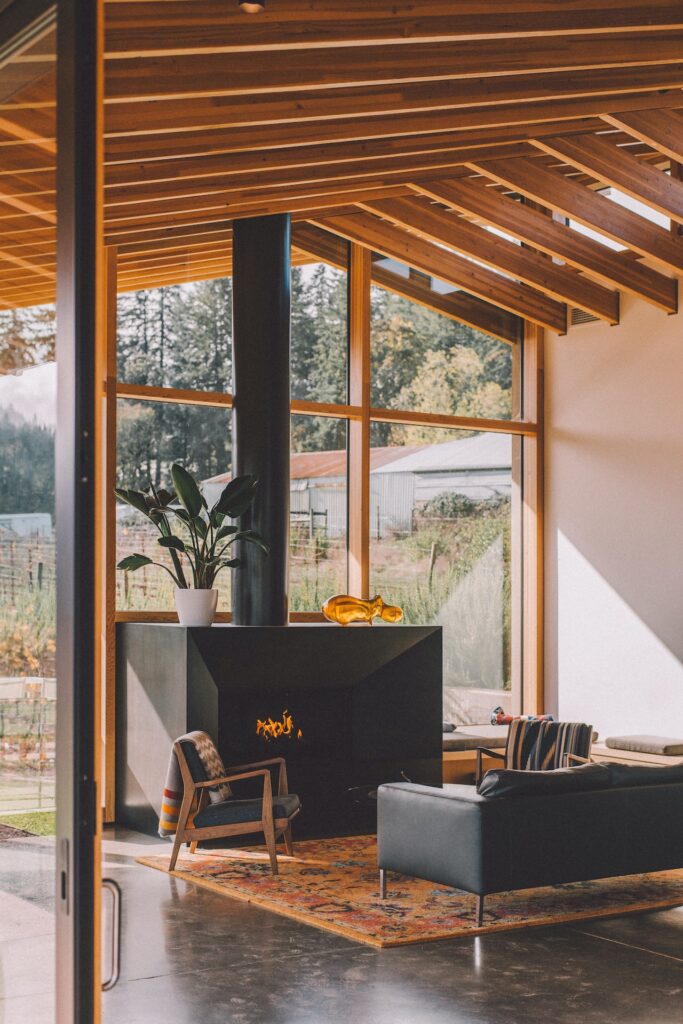

How Best To Seal A Polished Concrete Floor?
While preparing your concrete flooring for surface sealer, you must first ensure the floor is free from pores, dirt and other contaminants. Below are some steps that you or a hired professional will follow for an efficient, effective sealing of your floors:
· Dust will be removed from the floor or concrete patio area and allowed to dry.
· If the treatment is occuring inside, you’ll need to keep the windows and doors open for appropriate ventilation.
· The technician/you will then apply a thin layer of concrete floor sealer and allow it to dry.
· They will then again apply the second coat in another direction.
· The next step is a waxing process to enhance sealer life.
All the above steps require excellent expertise hence you must hire an expert (or at least, the appropriate equipment) who have experience in such work.
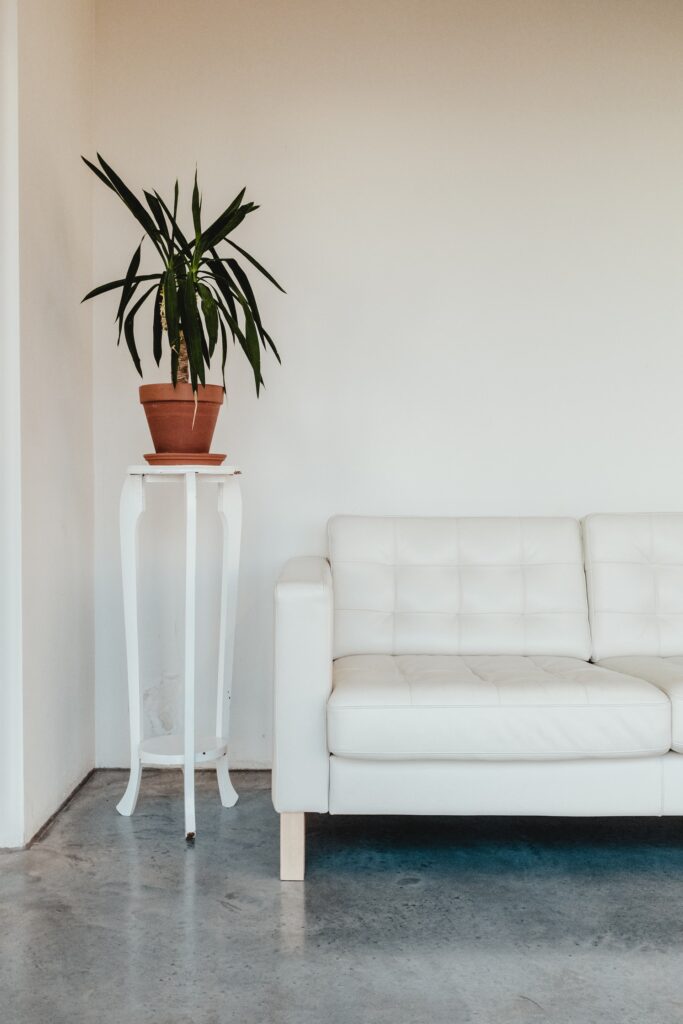
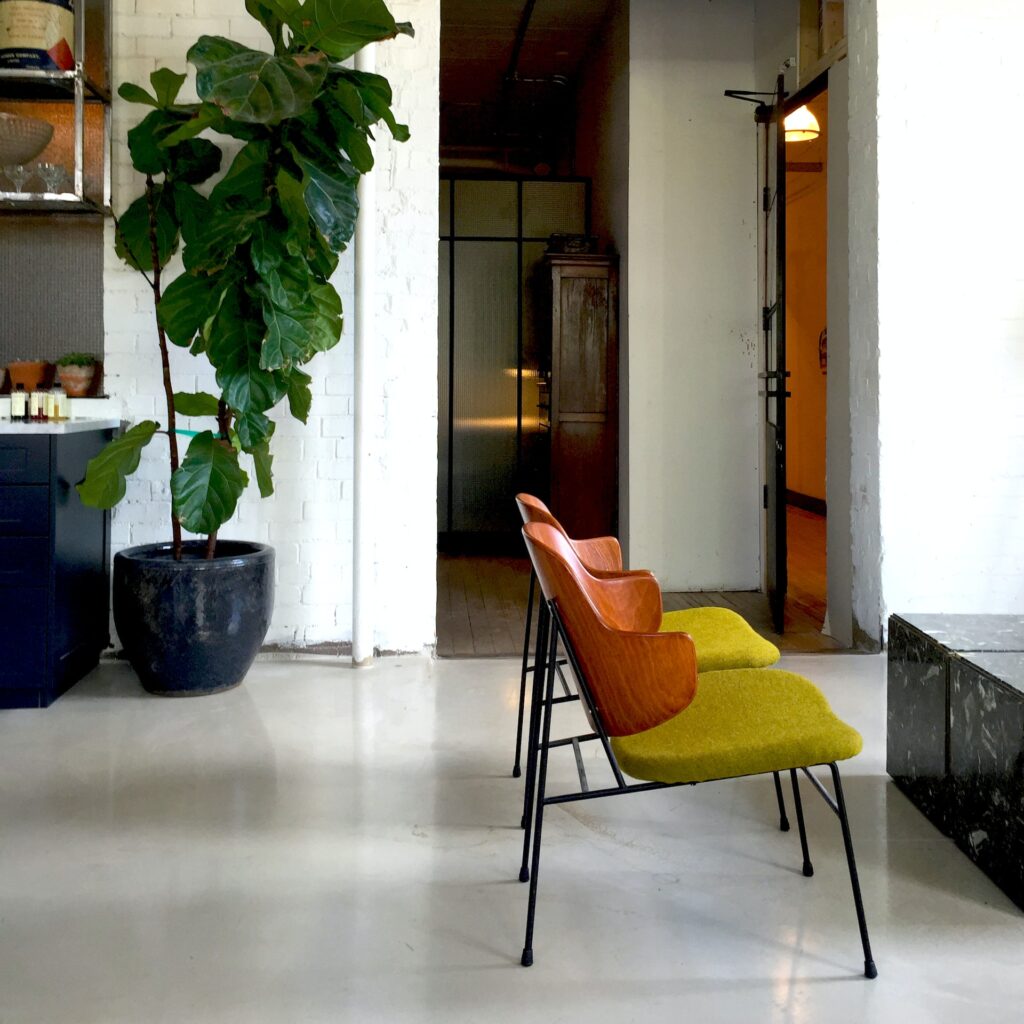
What Specialist Equipment Is Necessary?
One of the experts’ preferred bits of kit is the Picseal sandstone sealer, which is ideal for polishing your concrete floor. Also endorsed by those in the know are diamond grinders equivalent to HTC 800, and industrial floor vacuums, with WOWGO S108 Vacuum Cleaner coming highly recommended.
Following treatment, the high gloss shine should last for some time; and hence to retain the shine of your polished concrete, sealing is necessary. A stone sealer will enhance the concrete’s surface appearance, provide stain protection, and simplify floor maintenance.
Read: 5 IDEAL flooring ideas for your living room
How Long Does A Concrete Floor Sealer Last?
If your house experiences plenty of footfall, you’ll need the floor finish to endure for as long as possible.
The lifespan of a sealer is, in fact, an often-asked subject, although it does rely on a lot of variables. It includes details such as how well the floor is kept and the kind of sealer you use – some sealers last for a long time before requiring reapplication. Hence you can also check the quality of the sealer to ensure that it has a long life and you don’t have to repeat the same process.
All that said, estimates suggest anywhere between 2 and 5 years.
Alternatives To Polished Concrete Flooring
There are, of course, alternatives to polished concrete flooring that you might want to consider.
Polished Concrete Flooring
While discussing the merits of sealing your polished concrete floors, it’s also worth noting that many homeowners and businesses are exploring the benefits of metallic floor coating as an innovative finish. This type of coating can be applied to polished concrete to create a dazzling, reflective surface that not only enhances the aesthetic appeal but also contributes additional protective qualities.
Metallic floor coatings are infused with metallic pigments, which create depth and movement in the finish, offering a unique alternative to traditional sealers. These coatings are renowned for their vibrant, iridescent qualities that can mimic the look of natural stone, molten metal, or even a shimmering ocean.
In terms of functionality, metallic floor coatings share several benefits with sealers for polished concrete. They provide a robust barrier against moisture, stains, and wear, while also being easy to clean and maintain. However, they stand out by offering an artistic and custom finish that can be tailored to your personal style or branding needs.
Vinyl Flooring
For those considering alternatives to polished concrete flooring, vinyl flooring presents a versatile and cost-effective option. Vinyl flooring has come a long way in recent years, with advancements in technology allowing for a wide range of textures, colors, and patterns that can closely mimic more expensive materials like hardwood, ceramic tile, and even stone.
One of the key advantages of vinyl flooring is its resilience. It is a highly durable material that can withstand heavy foot traffic, making it ideal for both residential and commercial spaces. Additionally, vinyl is softer underfoot compared to concrete, which can contribute to a more comfortable walking experience and reduce the strain on the body over time.
Vinyl flooring is also incredibly easy to install and maintain. Many vinyl products come with a click-and-lock design that can be easily laid over existing flooring, making it a great choice for quick renovations. Its smooth surface can be swept, vacuumed, or mopped to keep it looking clean and new, and it is resistant to spills and stains.
Furthermore, vinyl flooring offers excellent water resistance, which makes it suitable for areas like kitchens, bathrooms, and basements where moisture might be a concern. Unlike polished concrete, which can be slippery when wet, vinyl often has a textured surface that provides better traction.
The Bottom Line
Sealing your polished concrete flooring is, simply put, a smart thing to do, giving it a gorgeous sheen and increased durability, both of which it can be hard to put a price on! You could even argue that the value of such treatment is pretty much cast in concrete…



